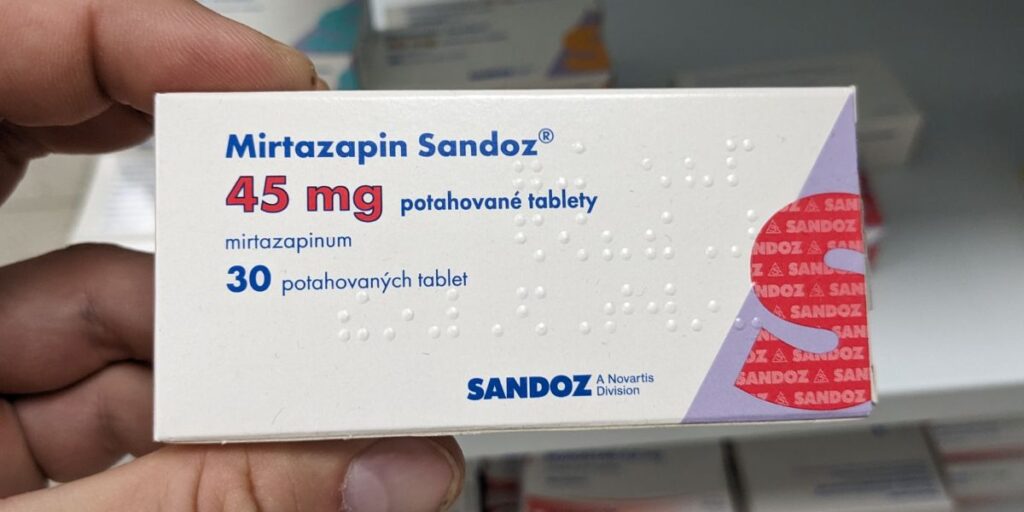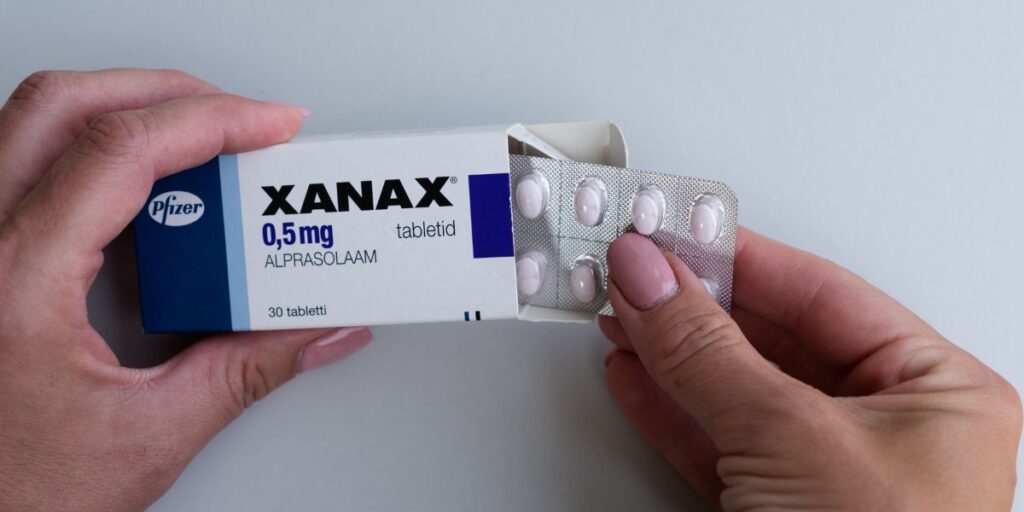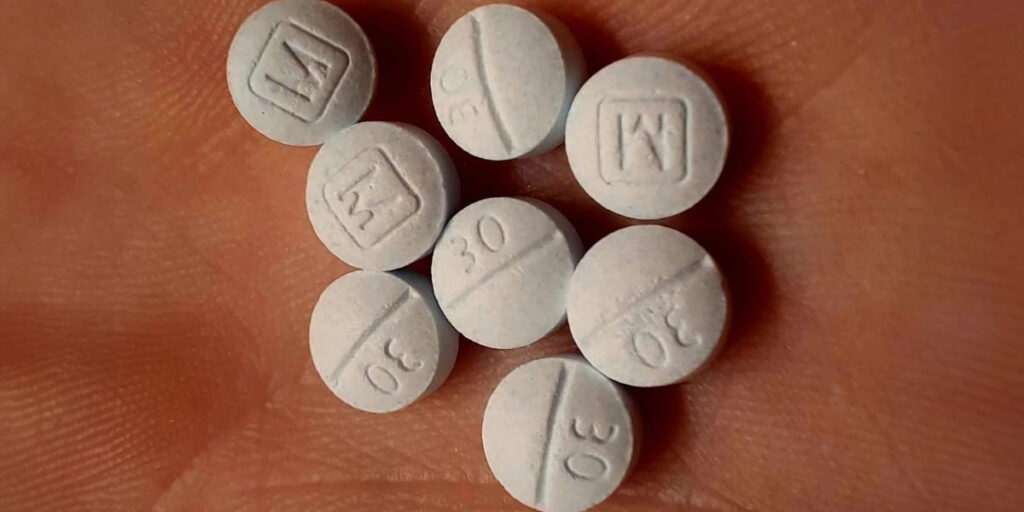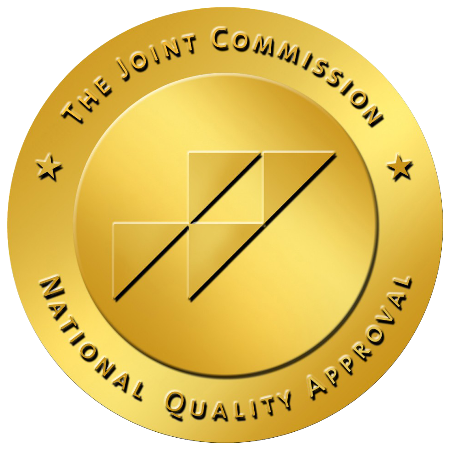Every year, around 2 million people in the U.S. choose to quit drinking and face alcohol withdrawal. About 200,000 of them might have dangerous withdrawal seizures. People who drink a little alcohol now and then usually don’t have withdrawal or seizures if they stop, but those with alcohol use disorders face specific risks when they decide to stop drinking.
Alcohol withdrawal can be a challenging and uncertain experience, especially for those who have been drinking heavily for a long time or have gone through it in the past. If you’re thinking about quitting drinking, it’s crucial to seek guidance from healthcare experts regarding programs tailored to assist with alcohol withdrawal management and minimize the chances of experiencing withdrawal seizures and other potentially harmful consequences.
What Is an Alcohol Withdrawal Seizure?
People with alcohol use disorder who suddenly quit drinking face a significant risk of alcohol withdrawal seizures. The National Institutes of Health says about 10% of folks showing alcohol withdrawal signs might have seizures, especially if they don’t get medical help during withdrawal.
Alcohol withdrawal seizures are a type of tonic-clonic seizures. These seizures, also called generalized or grand mal, involve the whole brain and the body’s central nervous system.
They make the body stiff and cause jerking. They can happen from different things, like injuries, genetic issues, and alcohol withdrawal. Usually, people who have seizures from stopping alcohol get them in the first 48 hours after they stop drinking.
Can Alcohol Cause Withdrawal Seizures?
Alcohol withdrawal seizures happen when there is a significant and abrupt change in the brain’s chemical balance. Drinking excess alcohol and repeated alcohol consumption for a prolonged time can harm the brain and nervous system. This is especially true for the GABA neurotransmitters that control brain and spinal cord communication.
Alcohol slows down the activity of GABA transmitters, calming the body. With frequent drinking over time, the body becomes accustomed to alcohol’s presence. When you stop drinking, your body misses the alcohol, and withdrawal symptoms start. The brain then works extra hard to make up for no alcohol, making too much GABA, which can lead to seizures.
Not everyone who stops drinking and has withdrawal symptoms will have seizures, but certain factors increase the likelihood of them occurring.
Several factors can increase seizures occurring during alcohol withdrawal. These factors include:
- How old you are
- If you use nicotine
- What your genes are like
- Having other seizure conditions at the same time
- Having a head injury or trauma
- Trying to stop drinking before and having withdrawal
People who have tried to stop drinking many times are more likely to have seizures because of something called kindling syndrome. This means their brain and nerves get extra sensitive to changes in chemicals. Like dry grass in a drought, wet grass catches fire less easily. When alcohol has already damaged your brain, it is more likely to sustain further damage.
Certified programs for treating alcohol abuse know how to spot these risks. They have trained staff who can safely take care of seizures and other symptoms that happen when someone stops drinking.
Alcohol Withdrawal Syndrome (AWS)
In medical terms, when someone stops drinking alcohol, doctors call it alcohol withdrawal syndrome (AWS). AWS is different from a regular hangover and can last from a few days to weeks. The symptoms of AWS can range from being a bit uncomfortable to severe and even life-threatening.
People who drink often just for fun can still become dependent on alcohol. They might have mild withdrawal symptoms. But those who drink a lot, like binge drinking or people with long-term alcohol problems, are more likely to have serious withdrawal symptoms. This includes a bigger chance of getting seizures and delirium tremens, a severe form of withdrawal.

Symptoms of Alcohol Withdrawal
Symptoms of alcohol withdrawal can start as soon as six hours after the last drink. These symptoms vary from person to person, depending on how they drink.
Common symptoms of alcohol withdrawal syndrome include:
- Headaches
- Sweating a lot
- Upset stomach
- Feeling anxious
- Feeling depressed
- Feeling sick to your stomach
- Throwing up
- Getting chills
- Aches all over the body
- Muscle pain
- Changes in heart rate, blood pressure, and body temperature
- Wanting alcohol
- Trouble sleeping (insomnia)
- Feeling very tired
- Seeing things that aren’t there (hallucinations)
- Seizures
Withdrawal Seizures
When people mention seizures from stopping alcohol, they often mean tonic-clonic seizures. These are the kind of seizures most people think of. Usually, these seizures happen within the first two days after someone has their last drink.
People who experience an alcohol withdrawal seizure may go through the following symptoms:
- Passing out
- Muscles getting stiff
- Making crying or groaning sounds as air leaves the throat
- Drooling, sometimes with blood from biting the inside of the mouth or tongue
- Shaking arms and legs
- Joints bending and straightening over and over
- Eyes rolling back or staying half-open without reacting
- Might wet or soil themselves
- Slowly waking up
- Feeling confused
- Acting aggressive
- Having an excruciatingly bad headache
- Feeling very sleepy
Seizures are always something to worry about, especially for people who’ve never had them. If a seizure lasts more than five minutes, it’s important to get medical help immediately. Also, if someone doesn’t wake up after a seizure or has many seizures in a short time, they need medical help immediately.
Delirium Tremens (DTs)
Many people who have withdrawal seizures might develop a serious condition called delirium tremens (DT). It can be deadly. Being aware of this possibility is important. Delirium tremens can be potentially fatal in about 15% of cases.
If someone is having seizures from stopping alcohol and they’re not in a hospital, they need to go to a hospital right away. This is to stop delirium tremens from getting worse and possibly leading to death.
Symptoms of delirium tremens include:
- Heart beating too fast
- Being extremely confused or not making sense
- Having seizures
- Shaking a lot and constantly
- Hallucinations – seeing, hearing, smelling, or feeling things that aren’t there
- Falling into a coma
- Sweating a lot and for a long time
Delirium tremens (DTs) require doctors and nurses to help the person get stable, which could take many days. Seeing someone you value struggle through this while they’re trying to improve their life is tough. But, this challenging time can also be a chance to talk with them about treatment programs.

Alcohol Use Disorder (AUD) Treatment
To manage alcohol addiction and withdrawal, first address the physical effects of alcohol and ensure the person’s safety. Once you achieve stability, you can start the path to recovering from alcohol use disorder and its psychological effects.
Northridge Addiction Treatment Center focuses on a holistic approach that looks at the whole person. We start by ensuring your safety during detox and finish by providing you with a new outlook on life and the necessary abilities to maintain long-term recovery as you reintegrate into society.
Medical Detox for Alcohol
Medical detox programs in hospitals provide a peaceful setting with medical staff to assist and monitor patients during their withdrawal process. Some people might need medicine to ease bad symptoms. You also get help and support for mental symptoms and cravings. Northridge Addiction Treatment Center (NATC) has a detox program with care available all the time.
Studies show that a comfortable and safe detox, along with complete treatment programs, reduces the chance of going back to drinking and helps people stay active in their recovery.
Family Therapy
Family therapy is crucial in fixing communication and trust in families affected by a loved one’s drinking problem. It provides a safe environment for individuals in recovery to apologize for their past mistakes. It also allows those who were hurt to share their feelings.
This safe space encourages open communication and healing. It fosters a supportive and understanding atmosphere for both parties involved.
Having solid and healthy family relationships is key to staying sober for a long time. At NATC, our experienced family therapists help families in various situations by providing support in a safe environment.
Group Therapy
Group therapy is great for making a community feeling and understanding among people with similar struggles. It offers new views and thoughts from others facing the same challenges. This helps lessen the loneliness and shame that often come with addiction.
Having people to support you and feeling like you belong can boost your self-esteem and keep you focused on recovery. At Northridge Addiction Treatment Center (NATC), you’ll get to join well-planned group therapy sessions and one-on-one counseling. You’ll do this with other people staying at the center.
Residential Treatment for Addiction
Residential addiction treatment has many benefits, mainly giving people a new start in a caring, kind, and helpful environment. Residents can escape the daily temptations and stress, focusing on getting better and recovering.
They follow a set schedule every day that includes time for fun and relaxing. This helps them build good habits and start new routines. Our team of professionals is always ready to give extra help and encouragement.
At Northridge Addiction Treatment Center, we offer various treatments for alcohol addiction. These treatments are tailored to each individual’s specific needs and goals. They are also supported by research. We can discuss your options and help you start on the path to a life of recovery.
Reach out now to talk with one of our compassionate treatment specialists.













